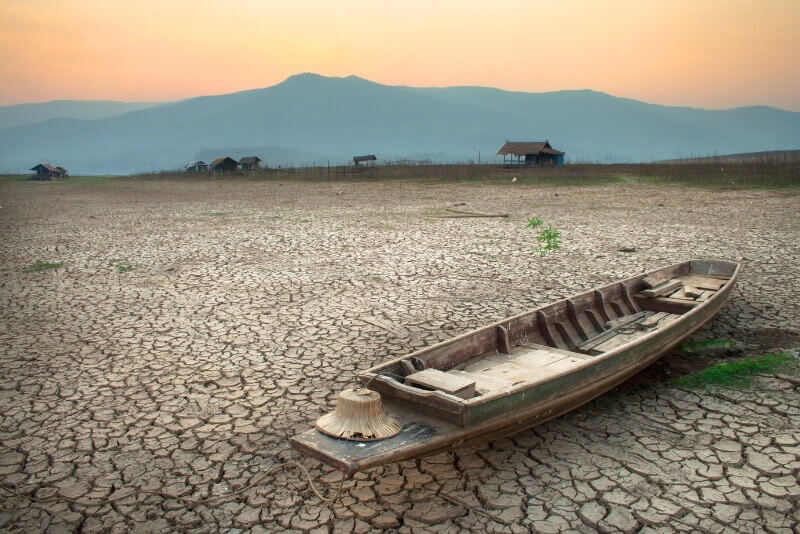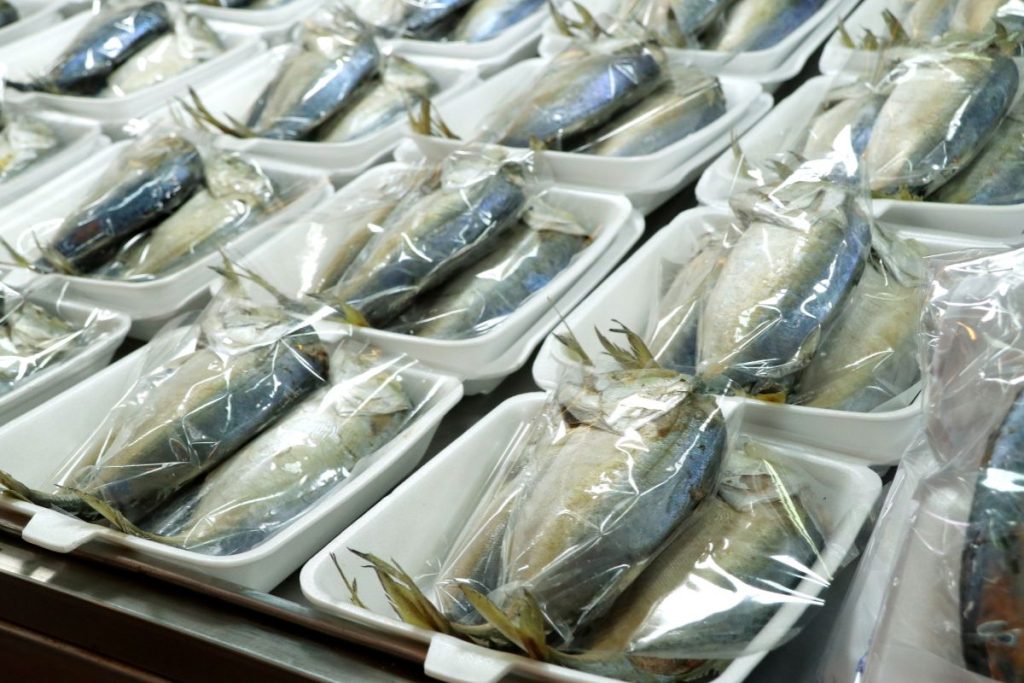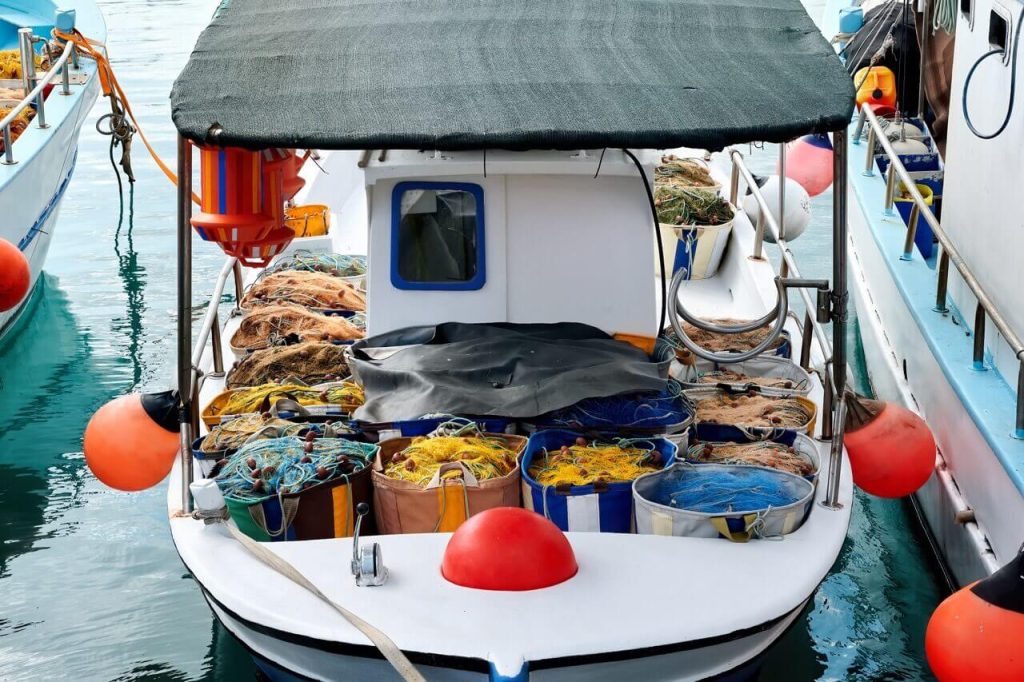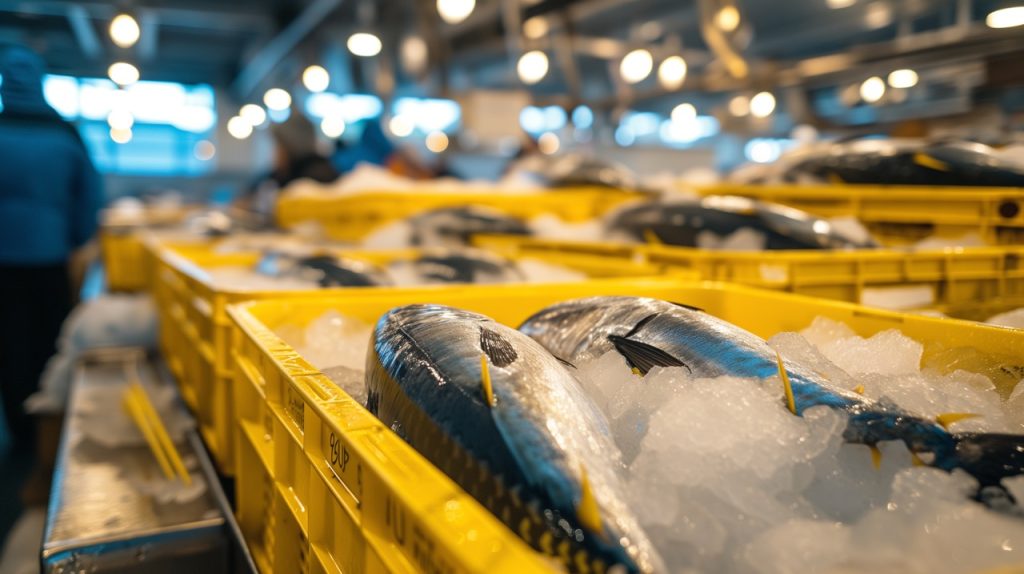For this reason, the fishing industry worldwide has implemented some changes in the fishing activity, such as the use of sustainable fishing and fisheries, and is promoting economic and environmental balance. In this way, it seeks to keep the oceans healthy, protect fish populations and ensure the continuity of fishing in the future.
How does climate change affect earth’s oceans?
According to the following study, the oceans are capable of absorbing up to 93% of the heat that accumulates in the atmosphere of planet Earth. So the increase in global warming, which causes the increase in water temperature, can result in a great negative impact.
Based on a study on the impact of sea waves on global biodiversity, in the last 30 years marine heat waves have increased by more than 50%. In addition, in the report of the Intergovernmental Panel on Climate Change (IPCC), it has indicated that by the end of the 19th century, the temperature of the oceans could increase between 3 and 5℃.
This climate change causes the increase of the ocean temperature, deoxygenation of the waters and diversion of ocean currents. This results in alterations in the populations of fish species, shellfish and marine habitats, causing their disappearance.
Climate change on fishing: How does it affect?
As we have already mentioned, climate change has a direct impact on fish populations, which is why it also leads to a problem in the marine fishery.
In fact, according to a study published on the impact of climate change on fishing, it is expected that by 2050 fish catches in the tropics could drop by up to 40%.
For this reason, sustainable wild fishing has become a key pathway in the sector, as has increased use of fisheries as a means to regenerate fish stocks and balance seafood supplies sustainably.
These greener alternatives serve to manage the problems caused by climate change in a more efficient and ecological way.
Sustainable fishing: a vital activity for shellfish fishing
Like other marine species, shellfish have been affected by climate change.
For this reason, sustainable fishing is the key to its preservation, guaranteeing that marine ecosystems can be protected and conserved in the long term. Keeping shellfish populations healthy and avoiding their overexploitation helps with the balance of marine ecosystems as well as the productive continuity and economic viability of the fishing industry.
By establishing catch limits, closed seasons and the use of selective capture practices, it allows shellfish to reproduce and renew itself, avoiding a drastic decline in populations and ensuring the supply of this product in the markets.
It must be noticed that fresh and frozen shellfish consumption accounted for a total of 6.3 pounds per capita in the United States, according to the National Oceanic and Atmospheric Administration (NOAA).
At Krustagroup we are aware of our ethical and sustainable responsibility as a company in the fishing sector. For this reason, we apply sustainable practices in the capture of our shrimps. Thus being able to offer a range of sustainable seafood of the highest quality.





